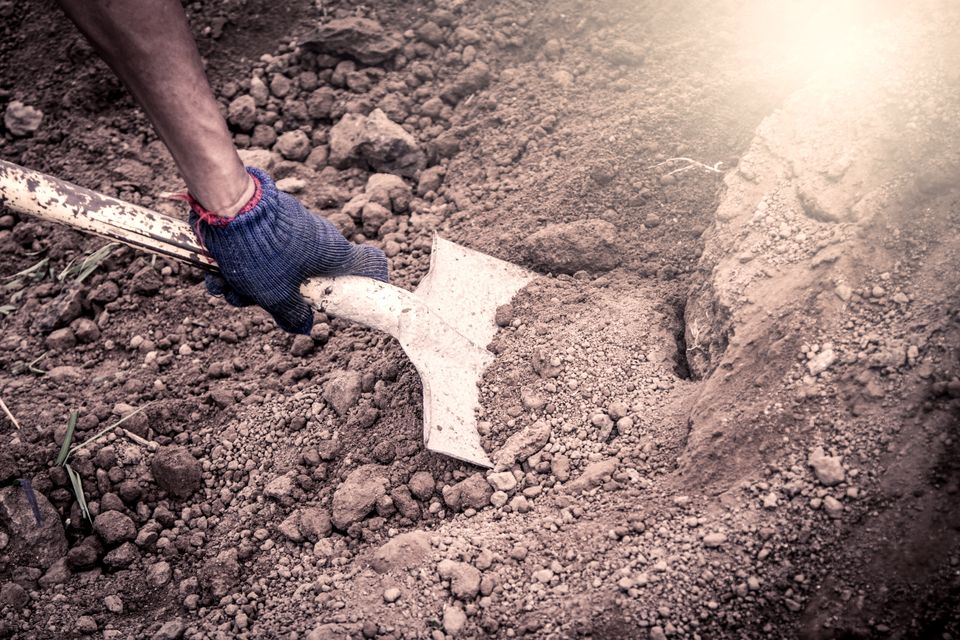Why are we using industrial-era supervisory systems in a world where we need people to be creative and innovative?
I love Gary Hamel's quote when he says:
Right now, your company has 21st-century, Internet-enabled business processes, mid-20th-century management processes, all built atop 19th-century management principles.
Creative and innovative people are notoriously difficult to manage using traditional practices. Command, compliance, and control are all part of those mid-20th-century management processes that Hamel warns us against. We say we want creativity and innovation, but how do we reconcile our 19th-century principles with our 21st-century needs?
Of course a lot of managers would say, "I don't want my people to be creative, I want them to be productive." But without creativity and innovation, leadership ends up being invested in what used to work in the past, not what will be required for work today, let alone for work in the future.
For the tasks where you believe creativity isn't required, then leaders should consider automation as the primary option. As an example, I don't have an assistant, but I do my meeting scheduling using Calendly, an online automation tool. There are many low-code/no-code options available for digitizing routine functions and automating established processes.
Yet even then, when automation is put into place, it still requires creative work to support, refine, revise, review, debug, experiment with, and innovate new solutions to problems that were once solved by automation. That's the work that the people on your team should be leading.
In this space, I'll be sharing a lot more detail about how you and your teams can succeed in the 21st-century. It won't be as simple as a slogan, or a new initiative, or even a training program.
It is going to take a new mindset and a set of new behaviors. We will also have to learn from 21st-century models and research, which I will feature in future posts.
For starters, though, I'd ask for all of us to loosen our grip on what may have worked 20 or 40 or 100 years ago, and open our minds to reach beyond the stagnation of traditional leadership thinking.
If you want to make sure you catch all of the new tools and ideas that I share here, please be sure to Subscribe using the button below and to the right. I'll be publishing new leader ideas every Monday and Thursday, and a link to something short and offbeat on Fridays to keep your creative side inspired.
Quote source: The Future of Management, Gary Hamel, 2007
